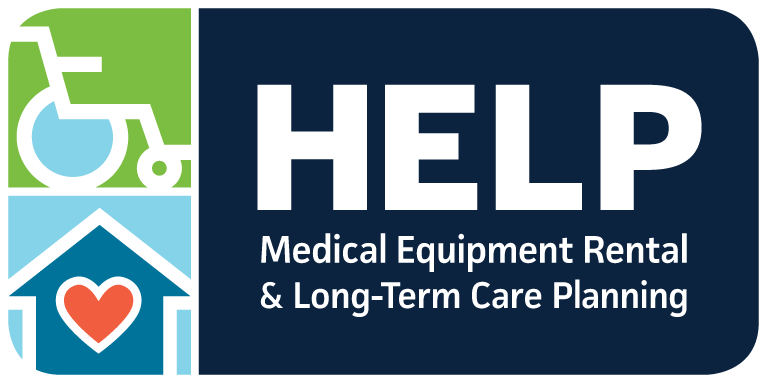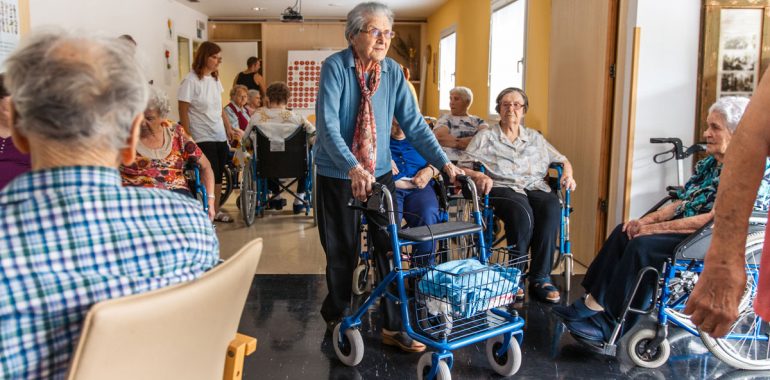Velma called just before 5 p.m. as I was getting ready to head home for the day. I’ll be honest, my mind was on dinner with my family and taking my boys to the movies, so I was a little annoyed at the prospect for having to stay late. She began by telling me that she needed a place to live and didn’t have much money to speak of. I asked her where she was living now, and she said with her son. I paused for a minute. She began speaking of how she had bought the house her son and his family were living in, and that she was invited to live with them, but she was getting to be too much for her daughter-in-law to take care of. It was causing friction in the household. As she broke down, she told me about being able to hear them argue in their room from the basement at night. In the morning, her son called from work to tell her she would need to “make other arrangements” because it wasn’t working out. Velma said all the money her husband had set aside for her went to pay for the house, so she didn’t have enough money coming in each month to afford an apartment. She also needed some help to take a bath. I’m glad I stayed to take her call.
I can’t tell you how many times I have heard stories like Velma’s. Families taking advantage of their elders, and then leaving them high and dry, have become all too common in our society. Thankfully, we have Medicaid in place for those who need looking after in their twilight years.
Medicaid is a federally funded health care program that assists low-income individuals and families. Even though it’s federally funded, it is administered and monitored by the state government. Medicaid is only available to legal permanent citizens of the United States and their families who meet specific criteria. It is basically an insurance option for people who do not have the resources or income to cover their healthcare. The program was authorized by the Title XIX of the Social Security Act and was signed into law in 1965 by Lyndon B. Johnson.
As I said earlier, thankfully we have Medicaid in place for people like Velma! Specifically, the Medicaid Waiver Program provides services to people — who otherwise would be in a hospital or nursing home — to receive long-term care in the community. This includes living in an Assisted Living community. Once Medicaid is in place, if you live in Douglas or Sarpy county, you can call ENOA (Eastern Nebraska Office on Aging) and tell them you would like to request a Medicaid Waiver Assessment. They do this to ensure that your needs can be met by the services offered by an Assisted Living community. And if you don’t have Medicaid and are wondering how to sign up… well, come see me down at the old Center Mall and I’ll help you get started. Take care,
Daniel L. Haynes

